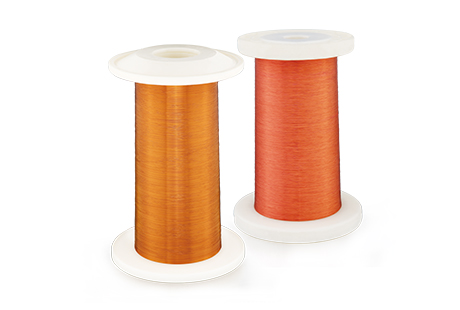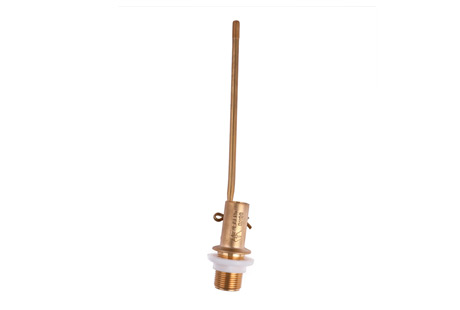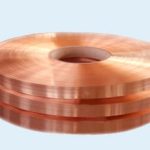In today's fast-paced digital era, data transfer and communication have become crucial to businesses and individuals alike. With the increasing reliance on technology, the need for a reliable and efficient data bus system has become more important than ever. One key element that plays a significant role in these systems is electrical copper busbars. In this blog, we will explore the contribution of electrical copper busbars to intelligent data busways and why they are essential for seamless data transfer.
The Basics of Electrical Copper Busbars
Before diving into their role in intelligent data busways, let's first understand what electrical copper busbars are. A busbar is a metal strip or bar that carries current, usually made of copper due to its excellent electrical conductivity. Electrical copper busbar is widely used in power distribution systems to provide a low resistance path for electrical energy to flow. They are highly efficient in transmitting large electrical currents and can handle substantial power loads.
Enhanced Power Distribution and Energy Efficiency
Intelligent data busways require a robust power distribution system to ensure a consistent and uninterrupted power supply. Electrical copper busbars excel in this aspect by providing a reliable and efficient means of distributing electrical energy. With their low resistance and high conductivity, copper busbars minimize power loss during transmission, resulting in increased energy efficiency. By minimizing wastage of energy, businesses can save on electricity costs while optimizing the performance of intelligent data busways.
Increased Electrical Safety
Safety is a paramount concern when it comes to data centers and intelligent data busways. Electrical copper busbars contribute to the overall safety of these systems in multiple ways. Copper is an excellent conductor of electricity, meaning it conducts electricity better than other materials. By utilizing copper busbars, the risk of overheating and electrical fires is significantly reduced. Additionally, copper has a higher melting point compared to other metals, ensuring that the busbars can withstand high temperatures without compromising their performance.
Flexibility and Versatility
Intelligent data busways are constantly evolving and require flexibility to accommodate future upgrades and expansions. Electrical copper busbars offer the necessary flexibility and versatility to adapt to changing needs. The malleability of copper makes it easy to shape and bend the busbars according to specific requirements. Furthermore, copper is highly resistant to corrosion, ensuring the longevity of the busbars and minimizing maintenance needs. This adaptability makes electrical copper busbars an ideal choice for intelligent data busways, allowing for seamless integration of new technologies as they emerge.
In conclusion, electrical copper busbars play a vital role in the functioning and efficiency of intelligent data busways. Their high conductivity, energy efficiency, and safety features make them essential components for reliable data transfer and power distribution. The flexibility and versatility of copper busbars further contribute to the adaptability of these systems. As technology continues to advance, the significance of electrical copper busbars in intelligent data busways will only continue to grow.

 English
English 日本語
日本語 한국어
한국어 français
français Deutsch
Deutsch Español
Español italiano
italiano العربية
العربية tiếng việt
tiếng việt Türkçe
Türkçe ไทย
ไทย 中文
中文





